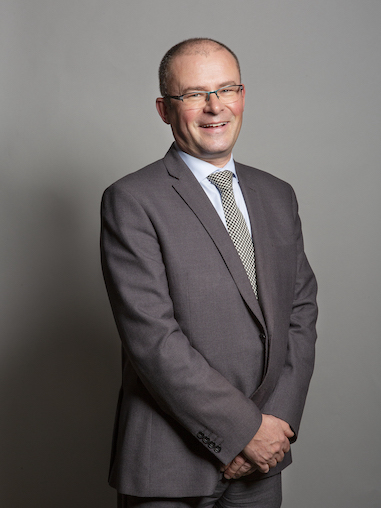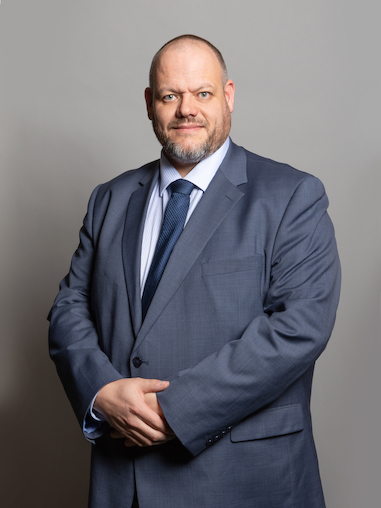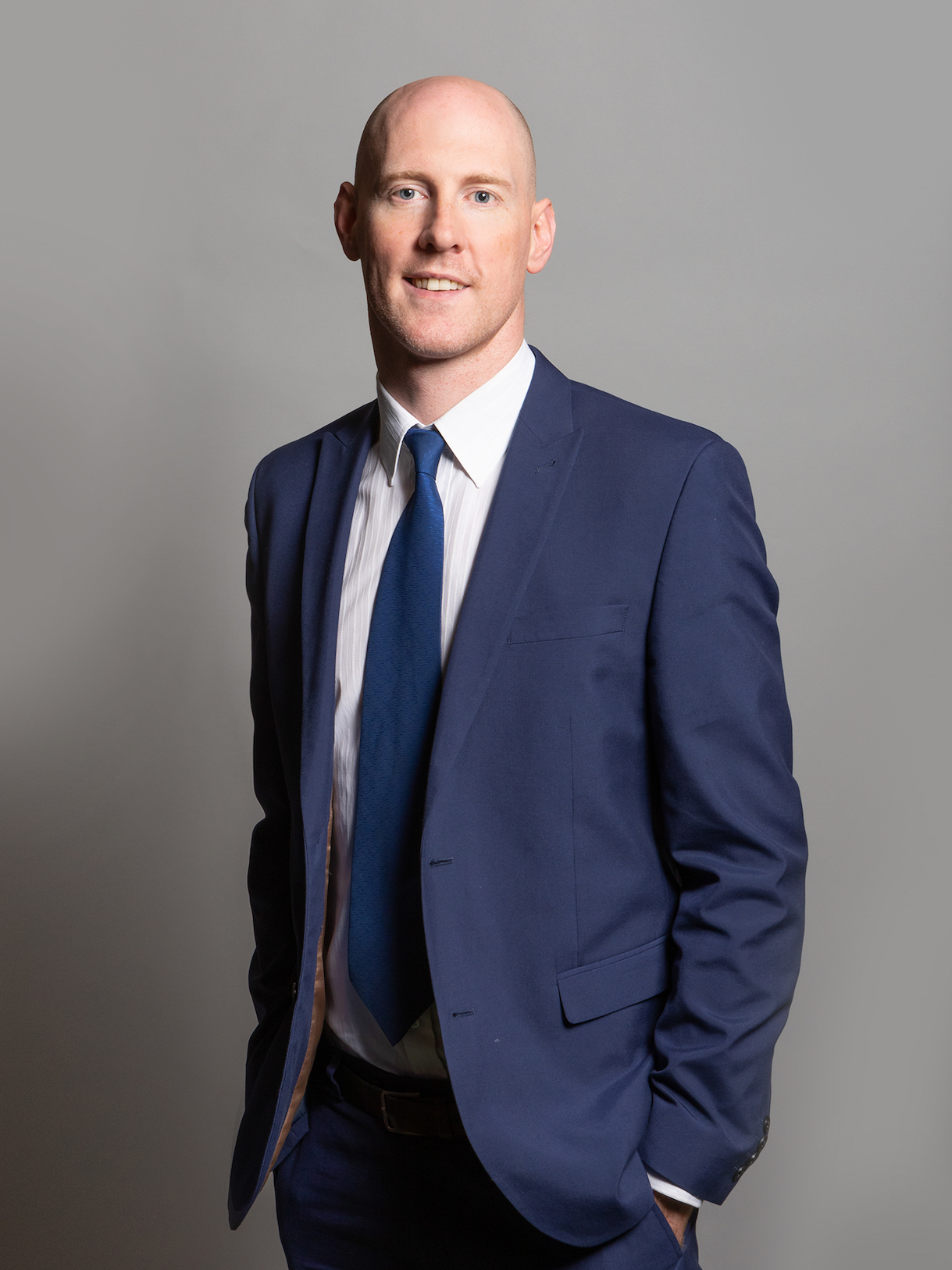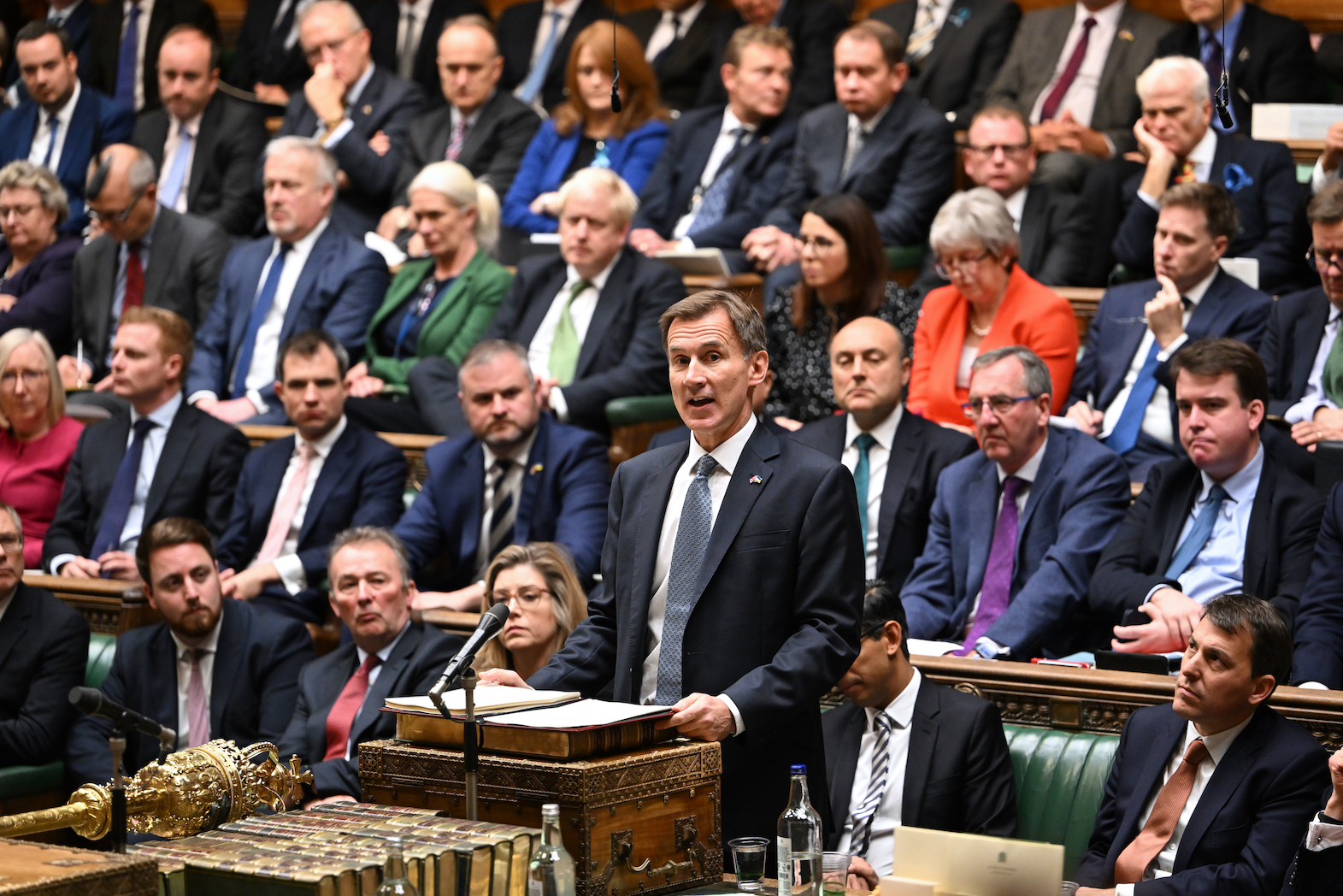The flight of MPs scrambling to claim new constituencies ahead of a difficult election or boundary changes is an old issue in British politics
In Westminster parlance, it’s called a “chicken run” — a phrase coined in the years leading up to New Labour’s 1997 landslide when several Conservative MPs fearing a tricky contest on home soil fled for greener pastures. Nicholas Soames, David Amess, Peter Bottomley, Brian Mawhinney and George Young were among those to scarper for new, safer seats in 1997.
Robert Hayward, then-Conservative MP for Kingswood and now-ennobled election guru, advised his colleagues at the time to “hire a helicopter” as they perused potential safe seats up and down the country. (While only a candidate in the pre-1997 period, this was John Bercow’s mode of transport of choice as he bounced between selection contests in the safe seats of Buckingham and Surrey Heath. Bercow won the former constituency but was bested by Nick Hawkins in the latter; Hawkins, an MP at the time, was fleeing the marginal Blackpool South).
Accusations of “chicken runs” are also far from confined to the past. In 2019, Conservative minister Mimms Davies left her seat in Eastleigh, a Liberal Democrat target, only to pop up again in Mid Sussex, a Conservative stronghold. The constituency is a known safe haven for the electorally-challenged, having been Soames’ coop of choice in 1997.


Faced with potential electoral annihilation, therefore, the politician’s fight or flight instinct tends to err on the side of the latter.
Current national polling indicates that the Conservatives are likely to lose the next election — the political reality of which may now be coming home to roost for MPs in marginal and semi-marginal seats. Throw in the complicating factor of the Boundary Commission changes and MPs have an additional motive, and at times a justification, for a flight.
The deadline for an election to be held is January 2025, meaning many MPs may only just be limbering up for a chicken run. Nonetheless, there has already been some significant movement on the ground — and it has gone largely under the radar.
Politics.co.uk has split the chicken runners and riders into a few categories.
MPs sticking to it
First of all, it is worth noting that some MPs, facing what might be judged as near-certain electoral doom, are sticking around to fight for their present seats.
Special mention goes to Ian Levy whose Blyth Valley constituency, which he won by 712 votes in 2019, has been split up between Cramlington and Killingworth (55.3 per cent) and Blyth and Ashington (44.7 per cent). Levy has opted to run for the former constituency, which maintains the largest part of his original seat, while gaining territory from the Labour-voting constituencies of Tyneside North, Tynemouth and Newcastle upon Tyne North.

Ian Levy has served as the Conservative MP for Blyth Valley since 2019
“I’m honoured to have been selected as the candidate for Cramlington and Killingworth, which will contain more of my existing constituents than the Blyth and Ashington seat”, Levy said upon his selection.
But numbers crunched by Electoral Calculus suggest the new Cramlington and Killingworth constituency would have been won by Labour in 2019, even on the party’s then historically poor showing. And as for the present polling, the site suggests Levy has a 96 per cent of losing his place in parliament at the next election.
The near jumpers
There is an emerging trend that those MPs who have had their constituencies reshaped or abolished by the boundary review are tending to apply for refuge in the safest of the potential new options. This means either applying for a safer area on the perimeter of their existing seat or the more favourable part of a constituency split — sometimes even opting for a safe third or quarter of the old seat.
For example, cabinet minister Michelle Donelan’s Chippenham seat was split up by the Boundary Commission Review and, consequently, she has decided to fight the new seat of Melksham and Devizes, which combines 46.6 per cent of her old Chippenham seat with 35.5 per cent of the seat of Devizes.
Devizes is a stronghold for the Conservatives and has been represented by Danny Kruger since 2019 with a majority of 23,993.
The old Chippenham constituency was a top target of the Liberal Democrats at the next election — but with Donelan now having absorbed much of Kruger’s patch, she looks a safer bet to stay on in 2024. Conversely, the new seat of Chippenham, which retains the name of Donelan’s old seat, keeps a larger part of its ancestor and picks up only 0.9 per cent of Devizes. One imagines, therefore, that when Donelan perused her options ahead of her selection for Melksham and Devizes, the secretary of state for innovation was well aware of the electoral stakes.
Another MP to open up the psephological playbook to hunt a safer seat is the chancellor, after his current constituency of South West Surrey was split by the Boundary Commission.
Jeremy Hunt’s South West Surrey seat, once a Liberal Democrat target, has been apportioned between Farnham and Bordon constituency (59 per cent) and Godalming and Ash (41 per cent). But Hunt has successfully been selected as the Conservative candidate for Godalming at the next election, despite the fact it takes a smaller part of his present constituency than Farnham and Bordon.
In the boundary review, Godalming also picked up 18.7 per cent from Surrey Heath, Michael Gove’s constituency and a Conservative stronghold, as well as 24.6 per cent of Guildford and 6.0 per cent of Mole Valley.
Those Conservative MPs getting lucky
One MP who has done well out of the boundary commission changes is former prime minister Boris Johnson whose Uxbridge and South Ruislip seat has picked up 21.2% of Ruislip, Northwood and Pinner.
Ruislip, Northwood and Pinner was won in 2019 by Conservative David Simmonds with a 16,394 majority. Johnson has often been touted as a potential chicken runner, including to his old safer seat of Henley which is being vacated by John Howell — but the boundary review changes may be contributing to his decision to stay put.
Still, electoral calculus predicts the seat will turn for Labour on current polling with a majority of 4,974.
Mark Jenkinson, the MP for Workington, has been selected as the Conservative candidate for the seat of Penrith and Solway — besting Penrith and the Border MP Neil Hudson in the selection contest.

Mark Jenkinson has served as the Conservative MP for Workington since 2019
Penrith and Solway retains 67.2 per cent of Workington, while also gaining 43.4 per cent of Penrith and the Border, 9.4 per cent of Carlisle and 1 per cent of Copeland.
Neil Hudson won the safe Penrith and the Border seat with an 18,519 majority at the 2019 general election.
Another to gain from the break up of Penrith and the Border is John Stevenson whose Red Wall Carlisle seat picks up 26.4 per cent from Hudson’s patch. These changes will up the chances of Jenkinson and Stevenson retaining their jobs after the next election.
Possibly on the run?
There is speculation that some Conservative MPs who have already confirmed to be stepping down — while keeping the door open for a “return to parliament” in the future — may, in fact, be mid chicken run.
Nicola Richards announced in March that she would be vacating her West Bromwich East seat due to changes in her “domestic circumstances”, adding: “I hope I am fortunate enough for this not to be the end of my time in parliament”.
Richards’ West Bromwich East seat has been replaced by West Bromwich, which Electoral Calculus suggests has a 94 per cent chance of turning Labour at the next election.
Another Conservative MP of the 2019 intake, Stuart Anderson, has also announced he is standing down for personal reasons. He told his local Express and Star newspaper that the “toxic political environment” in the city had taken its toll, while indicating that he could potentially apply to stand elsewhere.
The new seat of Wolverhampton West retains 100 per cent of Anderson’s present Wolverhampton South West; but adds areas from Wolverhampton North East and the Labour-voting Wolverhampton South East. Electoral Calculus indicates Labour has a 94 per cent chance of winning the seat in 2024.
A third Conservative MP from the 2019 intake Kieran Mullan has been heavily linked with the new Chester South and Eddisbury seat, despite only 5.6 per cent of his current Crewe and Nantwich constituency falling within its boundaries. Conversely, the rejigged Crewe and Nantwich constituency retains 94 per cent of Mullan’s old seat.

Chris Mullan has served as the Conservative MP for Crewe and Nantwich since 2019
Mullan’s preferred coop is Chester South and Eddisbury, which will comprise of 56.7 per cent of the current seat of Eddisbury, occupied right now by Conservative MP Edward Timpson who has announced he is standing down at the next election.
Timpson won Eddisbury with a majority of 18,443 in 2019.
According to Guido Fawkes, a meeting of the selection committee for Chester South and Eddisbury had been scheduled for 19th May to confirm or reject Mullan’s selection for the seat. However, before the committee could meet, the MP indicated that he wants to run for the seat in an open contest, potentially placing him at odds with neighbouring MPs Andy Carter and Chris Clarkson.
Guido also hears Stuart Anderson has expressed interest in the seat.
Of course, we have already seen Conservative colleagues pitted against each other, with home secretary Suella Braverman having recently emerged as the victor in a keenly-fought selection contest for the new seat of Fareham and Waterlooville.
Braverman bested fellow MP Flick Drummond in a struggle dubbed the battle of “Waterlooville”. 53.9 per cent of Braverman’s current seat of Fareham forms the basis of the new constituency, compared to 45.7 per cent of Drummond’s Meon Valley seat.
Attention turns now to what Drummond will do next. She told the Hampshire Chronicle local newspaper after her defeat by a margin of 77 to 54: “In terms of the future. I can confirm I only applied for the Fareham and Waterlooville seat. I have not applied for any others. I would only be interested in representing an area that I know well as I have lived in Hampshire for the last 37 years”.
In need of a run?
Those MPs who have had their seats abolished altogether by the Boundary Commission, including some cabinet members, may be plotting a run to a safe seat as selection deadlines draw nearer.
In Wales, Chief Whip Simon Hart and former cabinet minister and Conservative leadership contender Stephen Crabb look set to face off for the new seat of Pembrokeshire Mid and South, which combines 69.9 per cent of Preseli Pembrokeshire (Crabb’s constituency) with 59.3 per cent of Carmarthen West and Pembrokeshire South (Hart’s constituency). The loser may need to way up their options, potentially including constituencies further afield.
Former cabinet minister Gavin Williamson has had his South Staffordshire seat merged with Dudley South to form the new Kingswinford and South Staffordshire constituency. And defence secretary Ben Wallace also looks in peril, with his Wyre and Preston North constituency having been split into five pieces and merged with a variety of seats in the area.
Other Conservative MPs who are said to have already applied to CCHQ for “displaced status” are Richard Holden, a transport minister, who currently occupies a “red wall” wins in North West Durham; and sports minister Stuart Andrew, whose Pudsey constituency in Yorkshire is being broken up.
The implications
As for the political implications of all this, the suspicion that a selection of Conservative MPs are embarking on chicken runs will anger those planing to contest their new marginal constituencies despite the likelihood they will lose them.
Moreover, if we see MPs commit to obvious chicken runs, it hands Labour an easy attack line — given the action becomes especially pronounced when MPs begin to calculate they are facing the dying days of a government.
And, of course, the much-denigrated chicken run is always the tip of a larger selection iceberg. In an average Parliament, 50-60 Conservative MPs will retire; but with polling and the boundary changes as they are, the next election’s exodus is set to be larger than most.
Former cabinet ministers Sajid Javid, 53; Nadine Dorries, 66; and George Eustice, 51, have all announced they will be standing down in 2024. Chloe Smith, 41 — who is covering for Michelle Donelan as the science, innovation and technology secretary while she is on maternity leave — has also announced she will be leaving parliament with no immediate plans for a quick comeback.
Such departures, like any chicken runs to come, will fuel the impression that Conservative MPs are feeling increasingly fatalistic about their prospects at a forthcoming general election.

